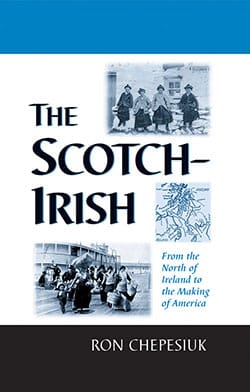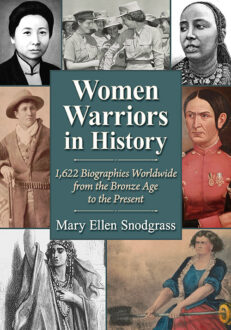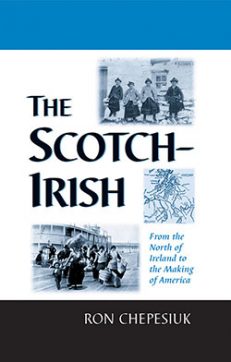The Scotch-Irish
From the North of Ireland to the Making of America
$19.99
In stock
About the Book
The Scotch-Irish began emigrating to Northern Ireland from Scotland in the seventeenth century to form the Ulster Plantation. In the next century these Scottish Presbyterians migrated to the Western Hemisphere in search of a better life. Except for the English, the Scotch-Irish were the largest ethnic group to come to the New World during the eighteenth century. By the time of the American Revolution there were an estimated 250,000 Scotch-Irish in the colonies, about a tenth of the population. Twelve U.S. presidents can trace their lineage to the Scotch-Irish. This work discusses the life of the Scotch-Irish in Ireland, their treatment by their English overlords, the reasons for emigration to America, the settlement patterns in the New World, the movement westward across America, life on the colonial frontier, Scotch-Irish contributions to America’s development, and sites of Scotch-Irish interest in the north of Ireland.
About the Author(s)
Bibliographic Details
Ron Chepesiuk
Format: softcover (5.5 x 8.5)
Pages: 182
Bibliographic Info: notes, bibliography, index
Copyright Date: 2005 [2000]
pISBN: 978-0-7864-2273-9
Imprint: McFarland
Table of Contents
Acknowledgments vi
Introduction 1
Prologue: Going to America: The Thomas Mellon Experience 5
1. Ireland and Scotland Before the Plantation 9
2. The Ulster Plantation 33
3. Scotch-Irish Presbyterianism Takes Root in the Seventeenth Century 51
4. The Siege of Derry and the Protestant Triumph 73
5. Sailing West for the Promised Land 93
6. Settling the New Land 115
7. Life on the Frontier 129
8. The Scotch-Irish and the Making of America 137
Appendix: Scotch-Irish Sites of Historical Interest in the North of Ireland 147
Notes 153
Bibliography 161
Index 167
Book Reviews & Awards
- “highly readable”—Choice
- “covers a subject of interest to many genealogists…comprehensive”—Today’s Librarian
- “very interesting and readable history…recommended”—Rambles
- “well-written…well-indexed and has a comprehensive bibliography”—Ulster Nation





